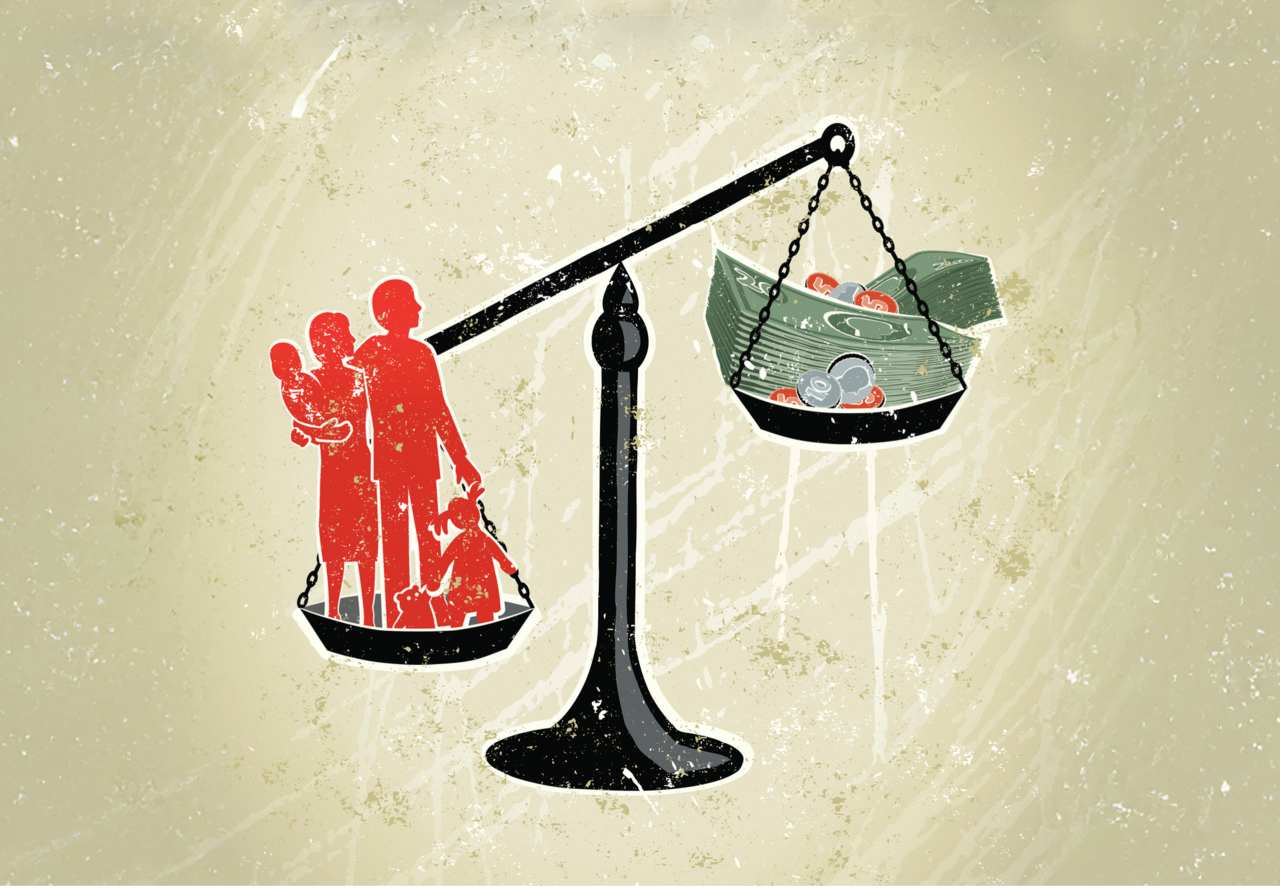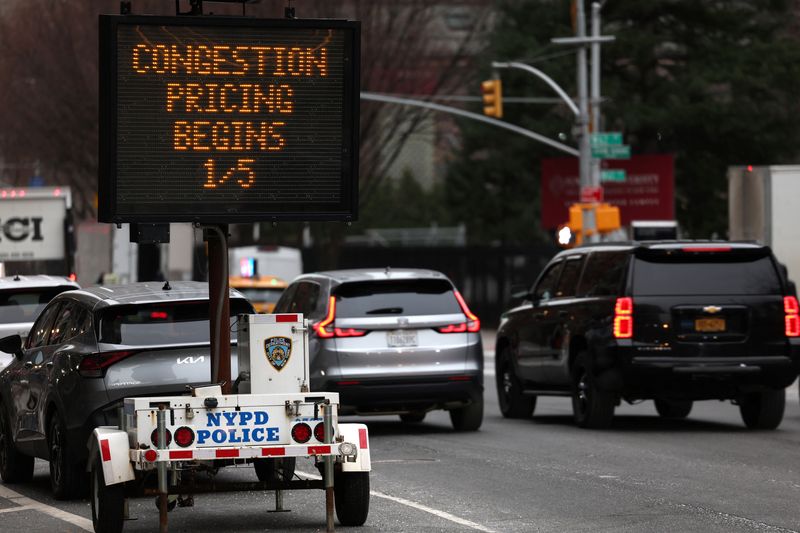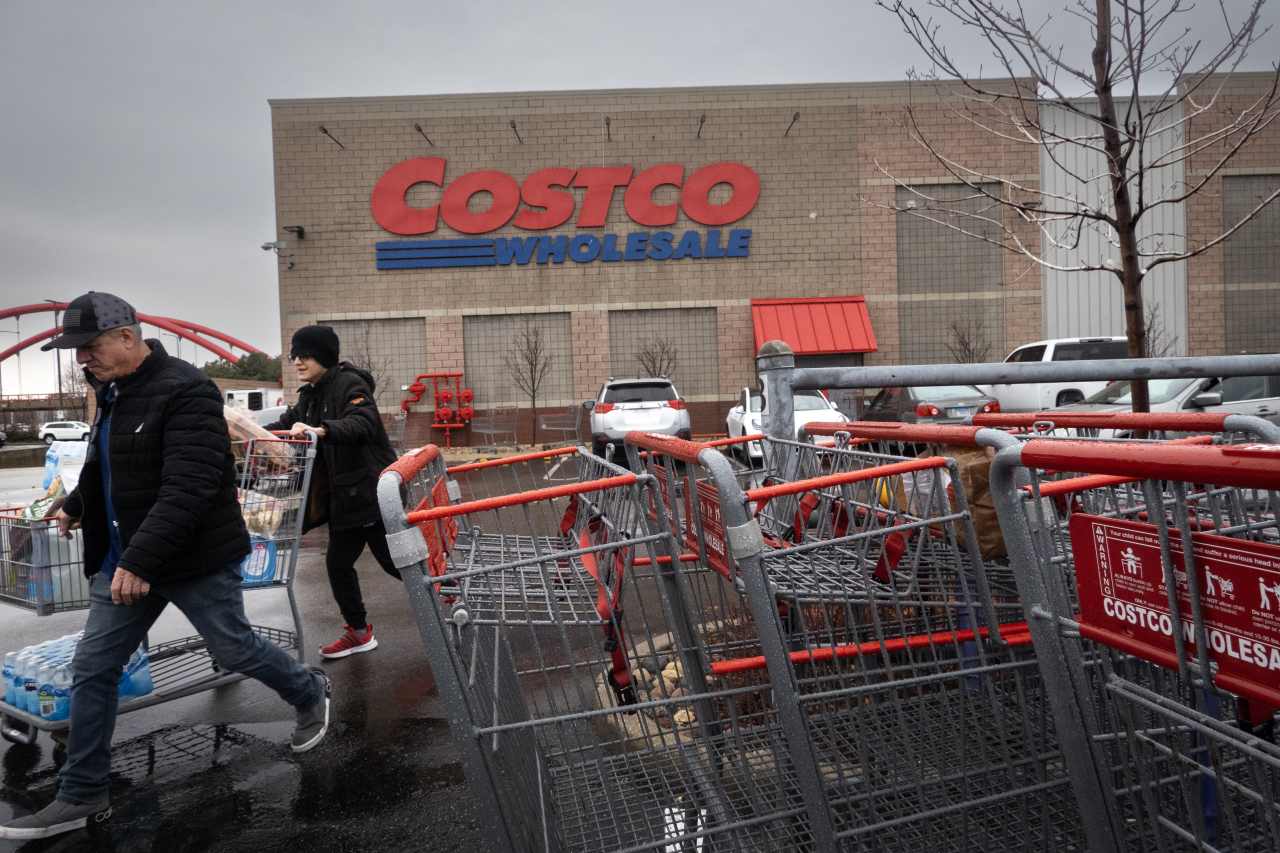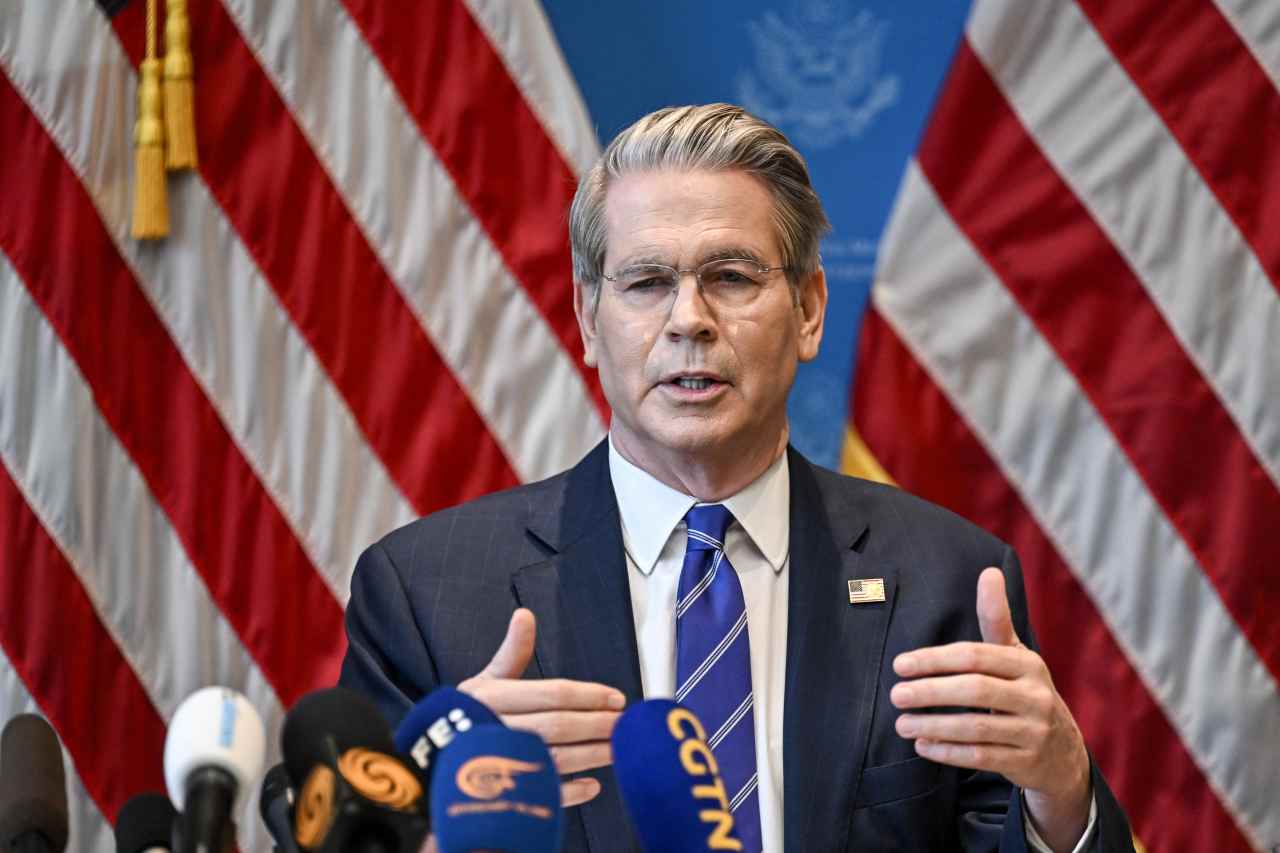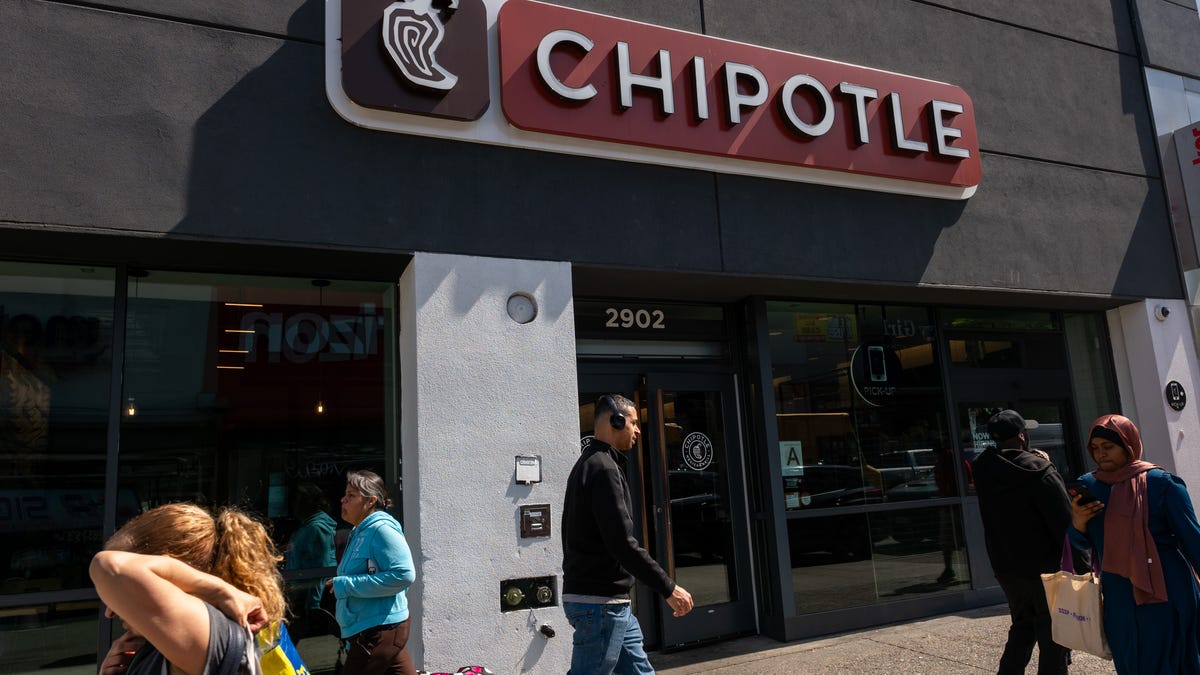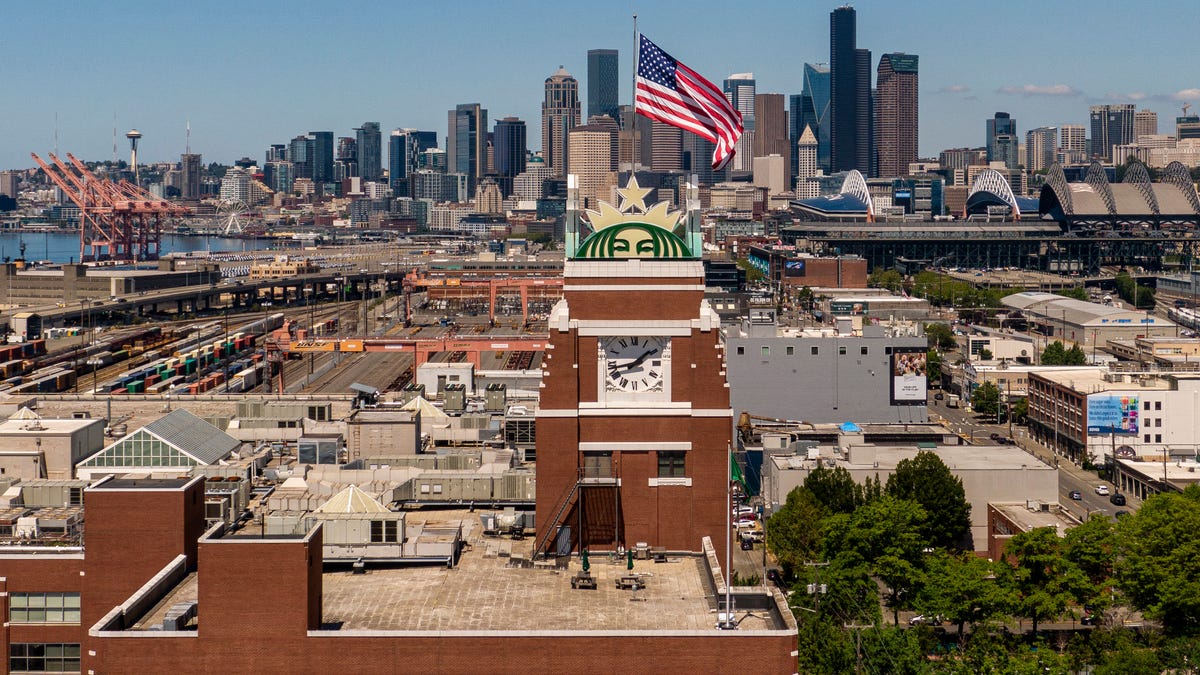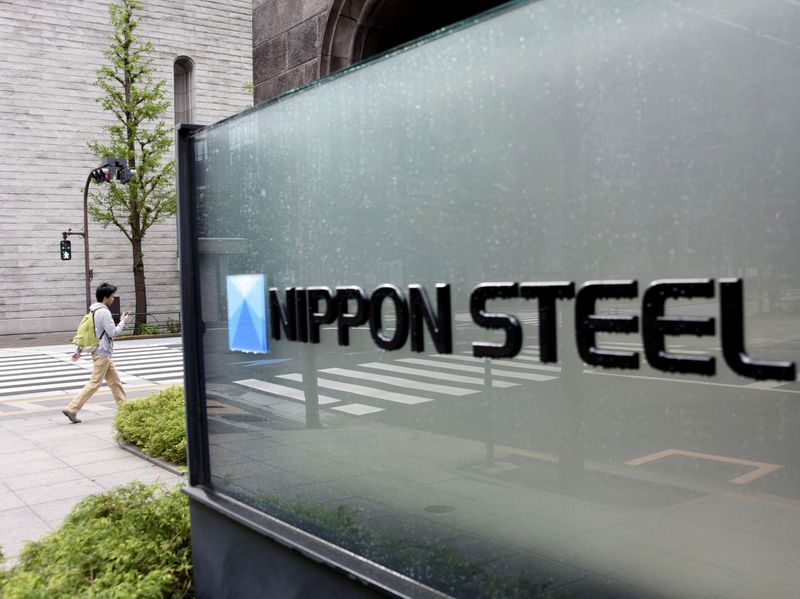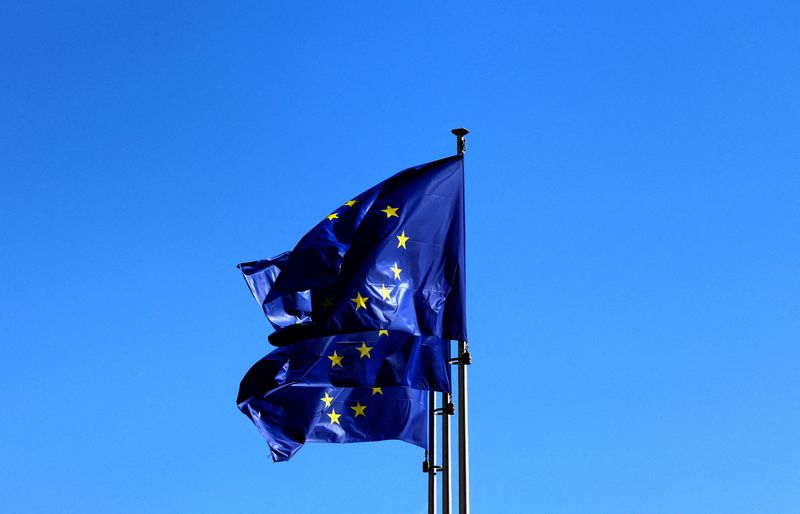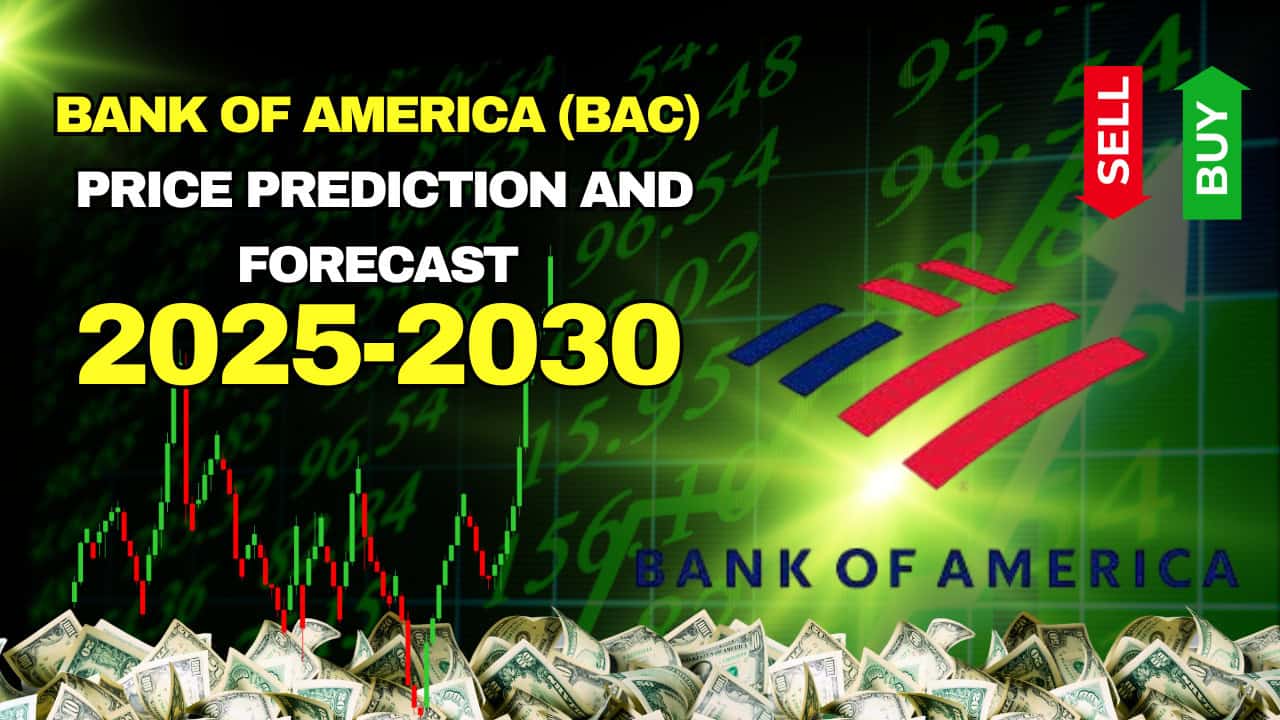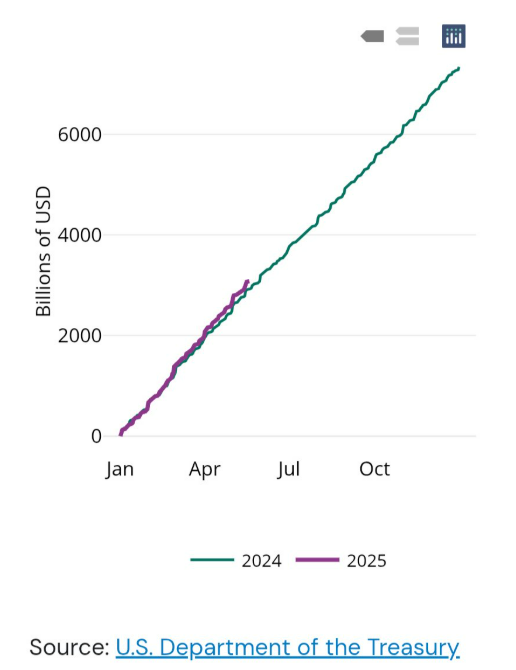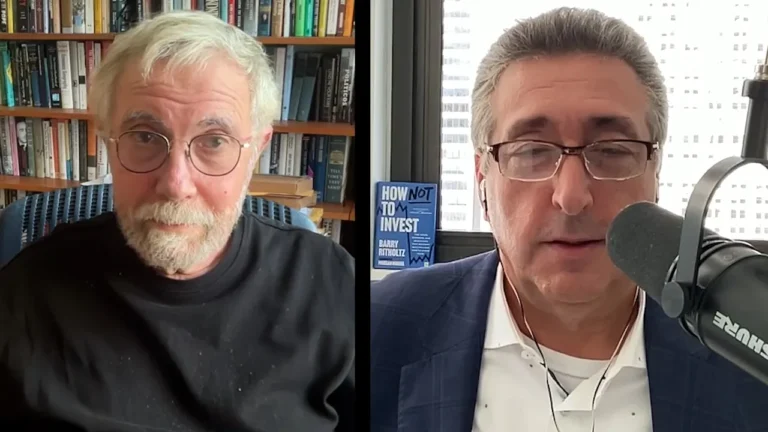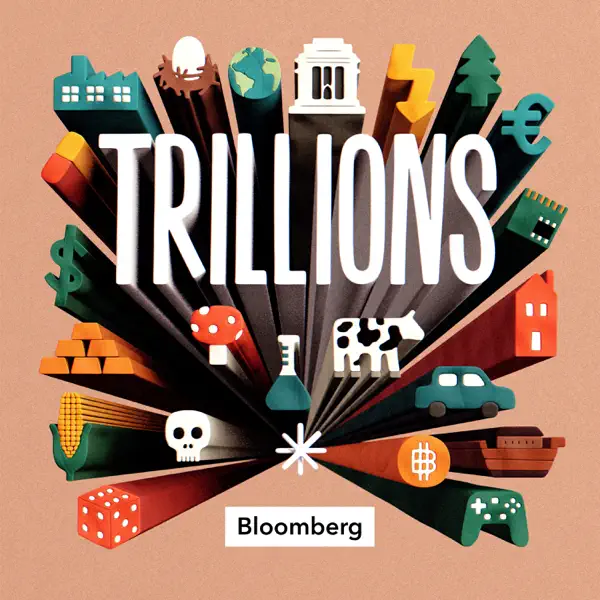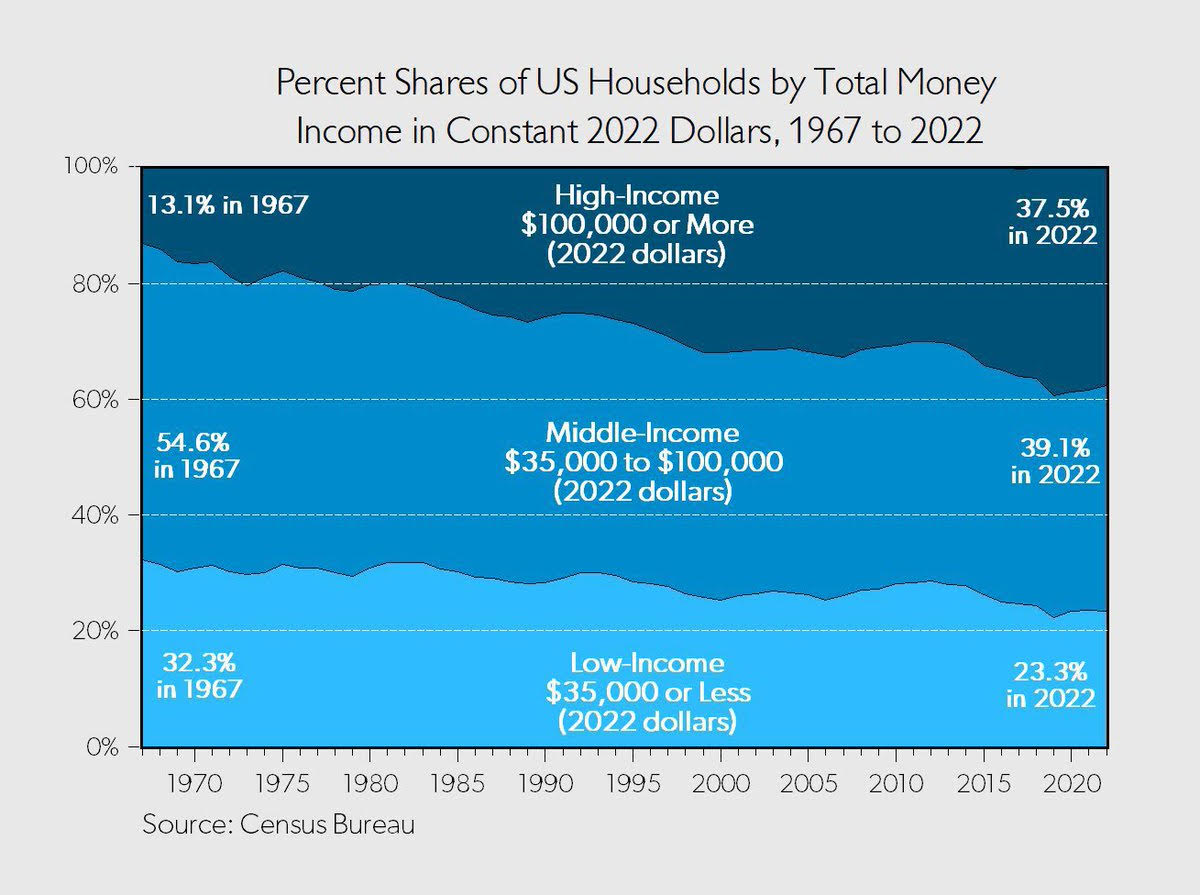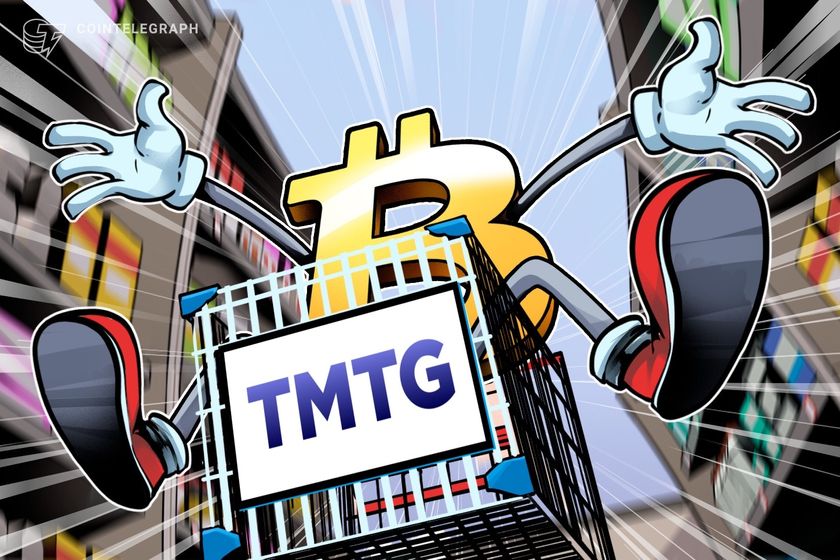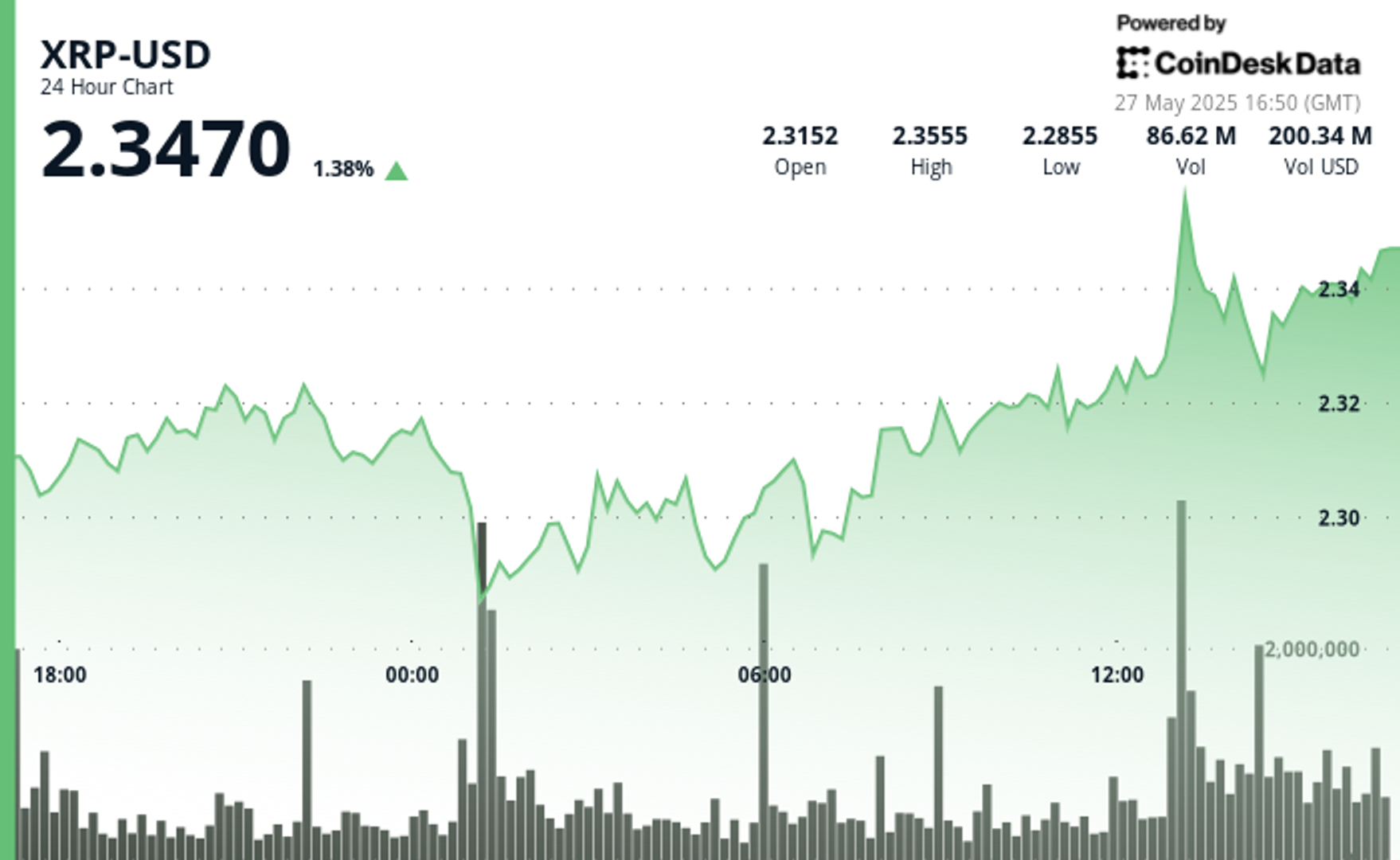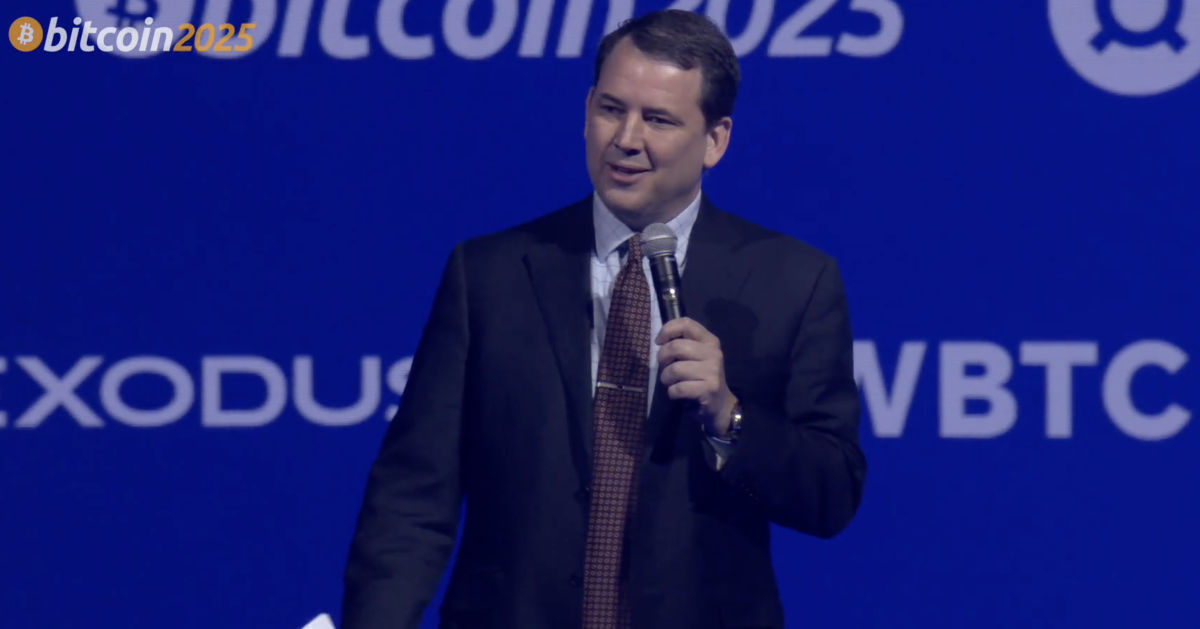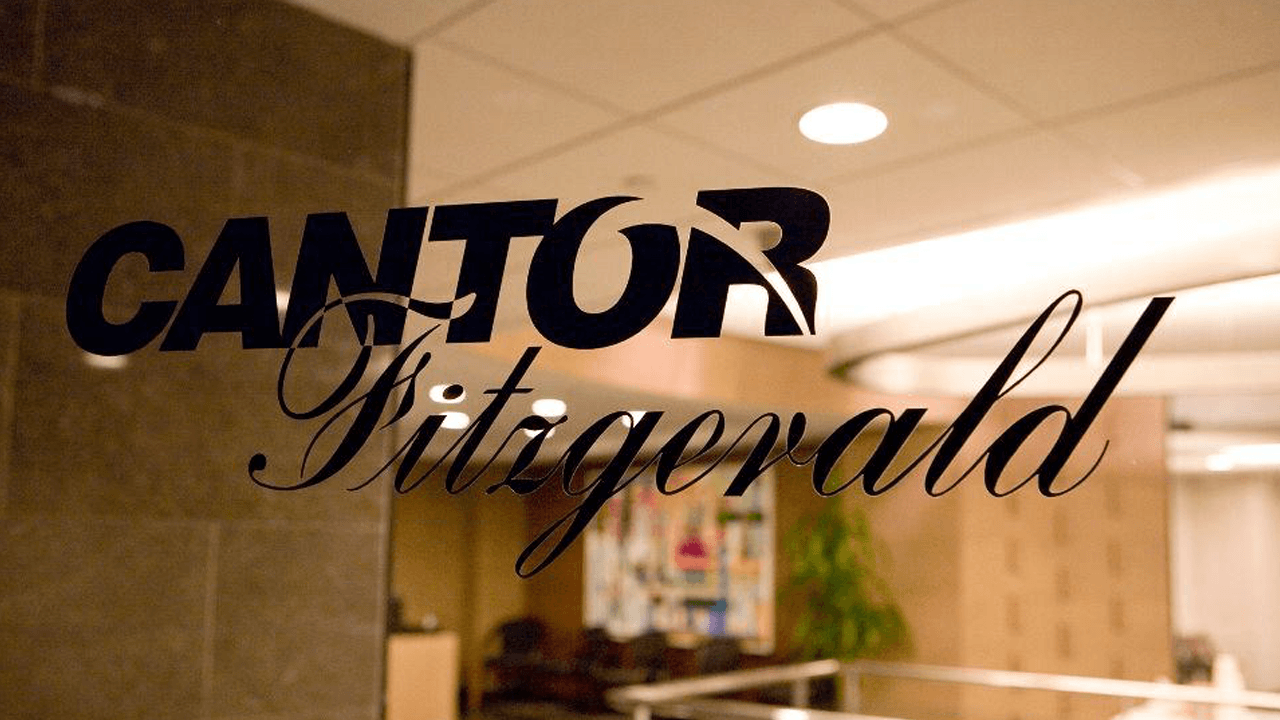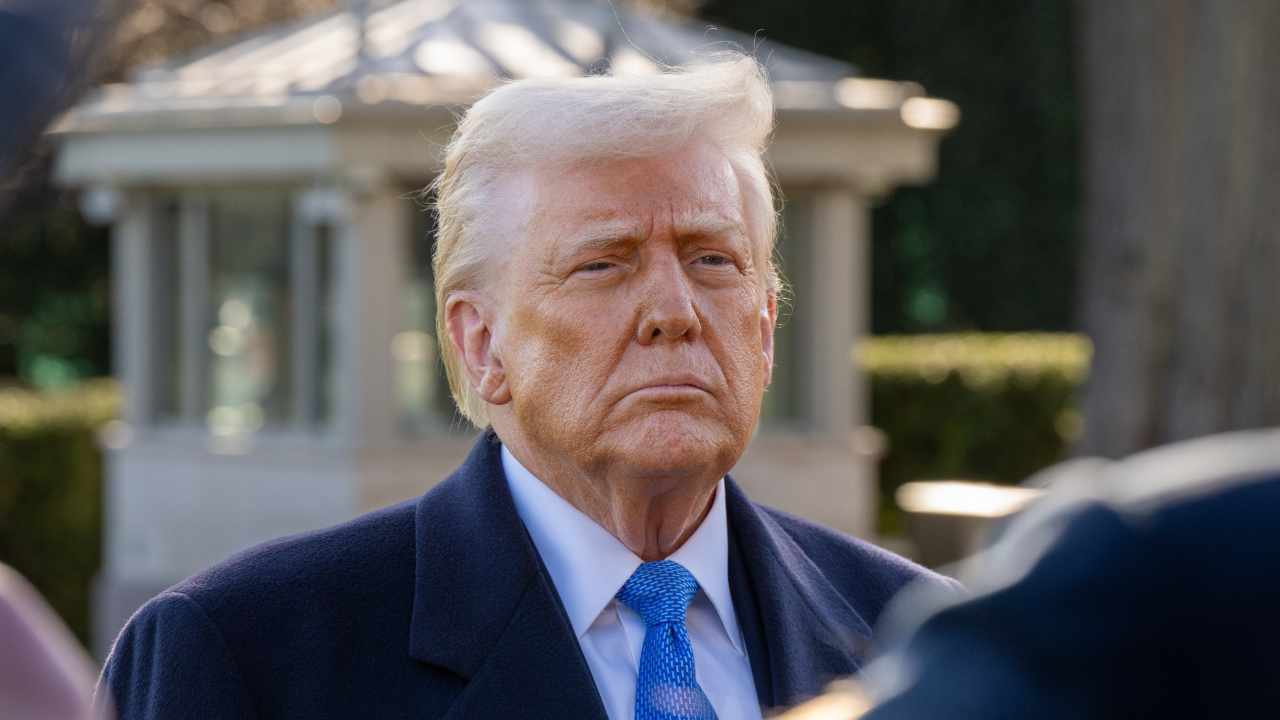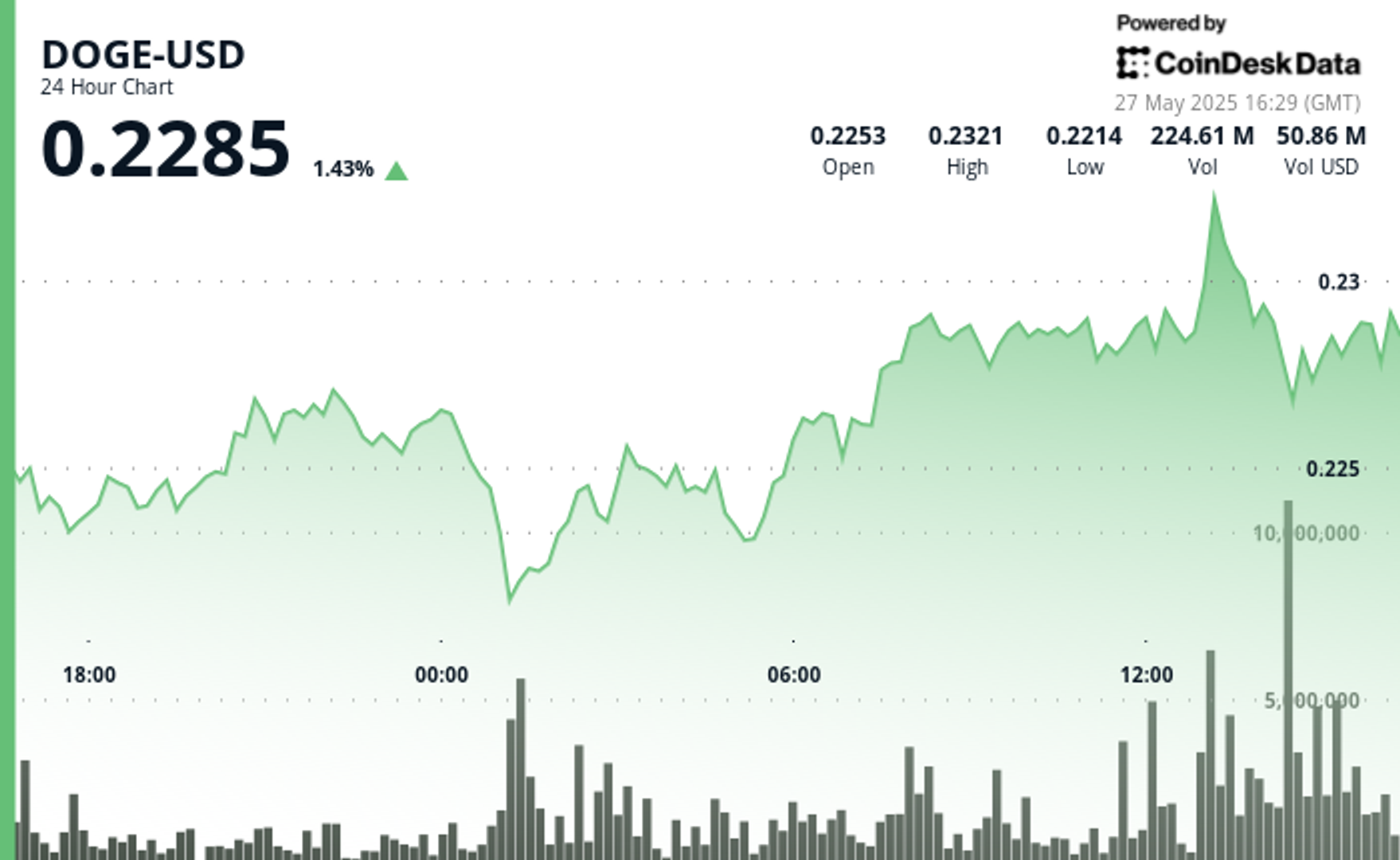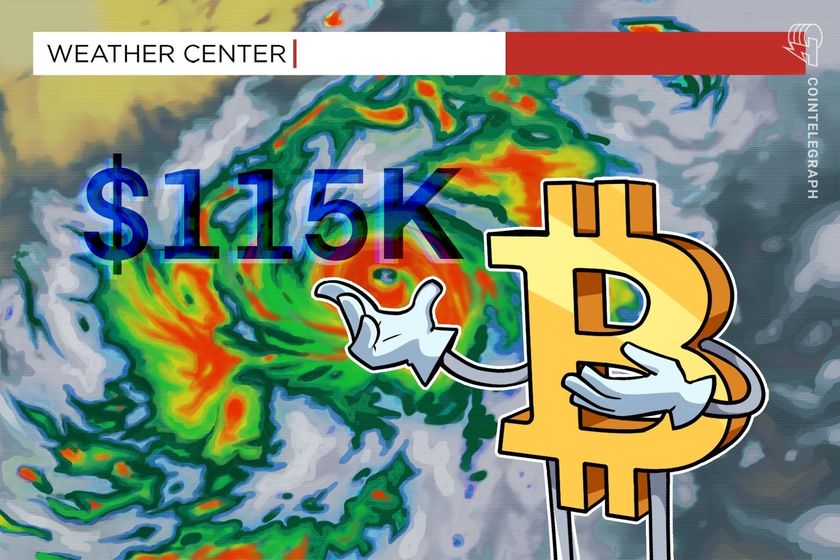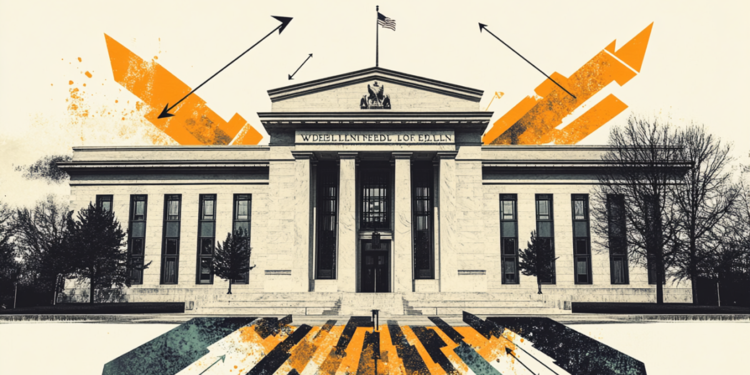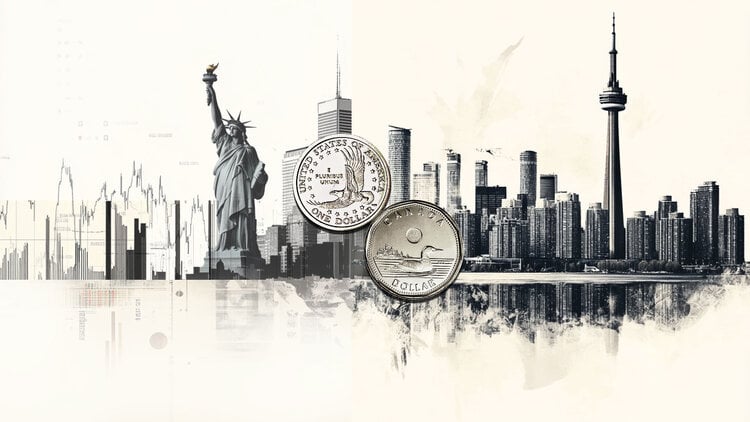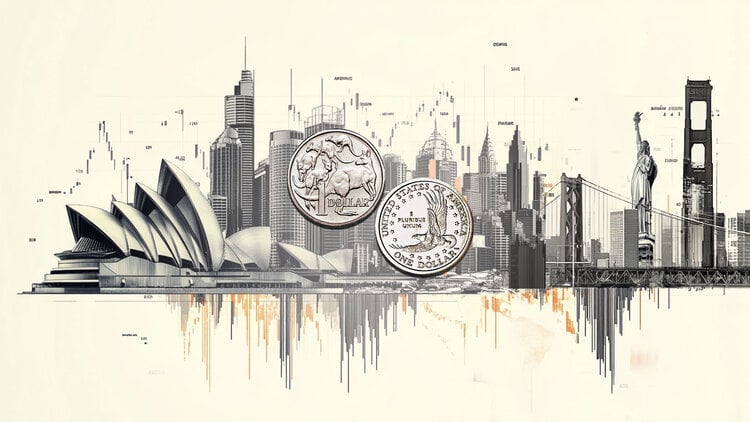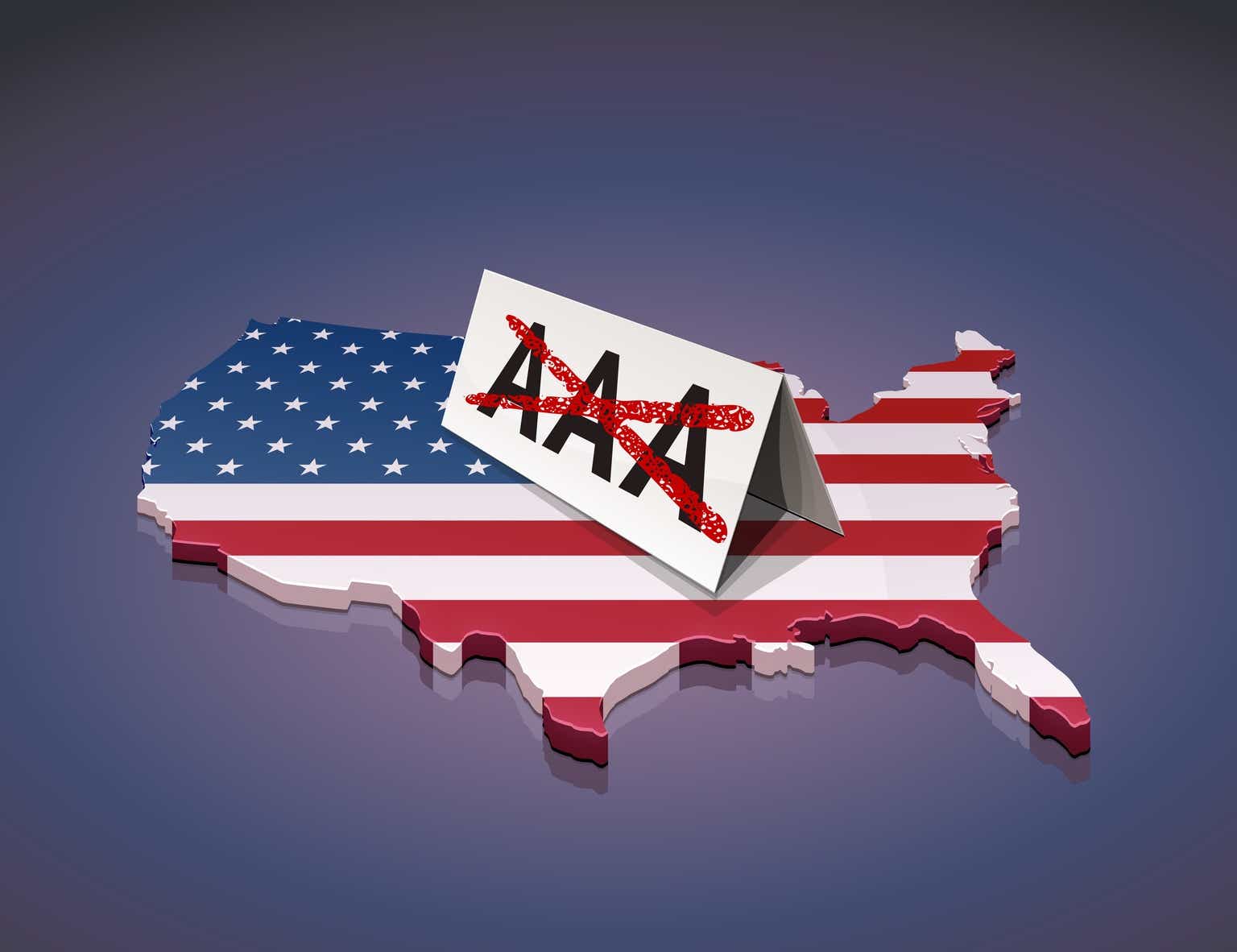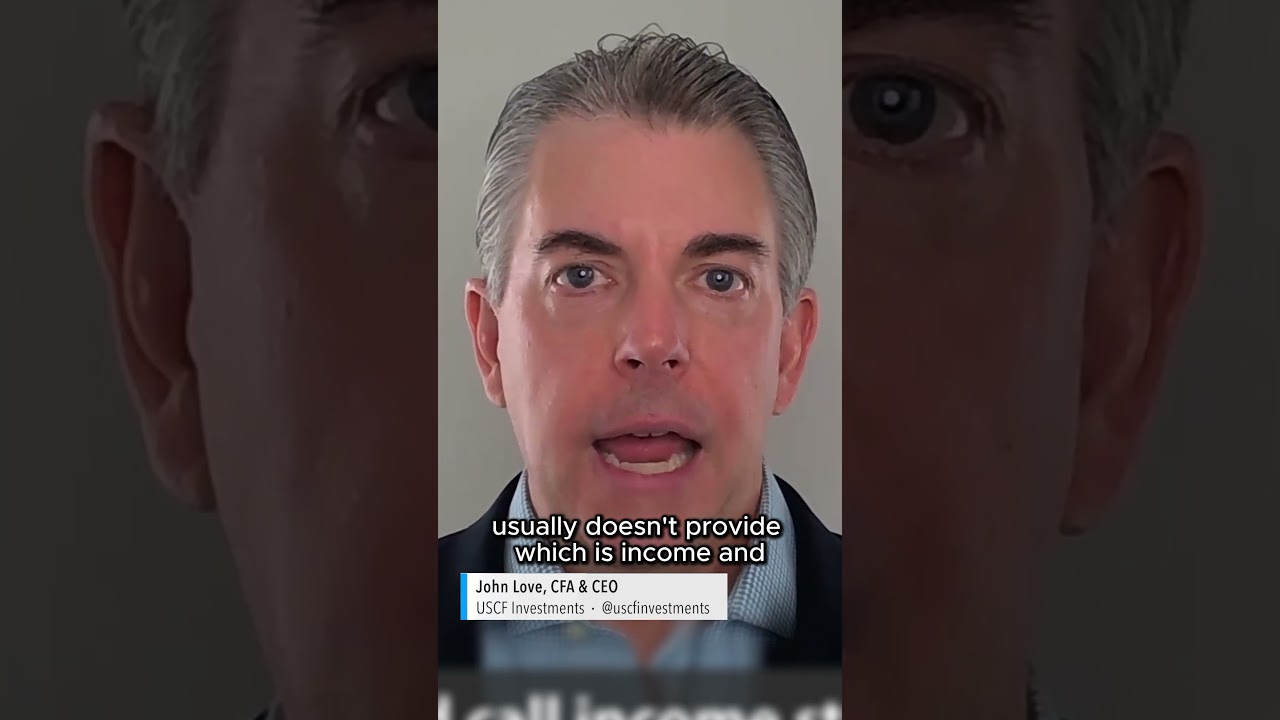Wall Street’s massive swings signal investors are now ‘too optimistic’ about Trump’s tariff agenda, warns UBS
"These retreats are so frequent that investors should rationally expect them. So why do markets still react to the initial announcements?" UBS's Paul Donovan noted.

- Investors are being cautioned not to overreact to rapidly shifting U.S. trade policy, as markets rallied on a delayed EU tariff threat from President Trump—despite little change in economic fundamentals. Analysts warn that frequent policy reversals, driven by internal White House factions and media sensationalism, are creating volatility and pricing in unnecessary risk, even as U.S.-EU negotiations show signs of progress.
Investors are being warned not to get caught up in the swings of trade policy as analysts highlights there may yet be more twists to come.
Over the weekend markets rallied on the news that President Trump’s latest tariff threats on the EU had been delayed—an emerging habit of the Oval Office—and will now come into effect on July 9.
It marks a rapidly evolving trade picture between the U.S. and Europe, having gone from 20% tariffs threatened on ‘Liberation Day’ on April 2, to the universal 10% tariff a little over a week later, to the threat of 50% being introduced on June 1.
Markets bounced on the news that this hypothetical crisis had been averted—as opposed to the fundamentals of the outlook improving—with economists also highlighting that a friendly call between Trump and EU commissioner Ursula von der Leyen does not guarantee relations will stay that way.
As Mark Haefele, chief investment officer at UBS Global Wealth Management, wrote in a note yesterday seen by Fortune: “While more time for EU-U.S. negotiations is good news, the speed of the recent rebound in stocks suggests that investors may have become too optimistic on path for trade discussions. At the start of last week the S&P 500 had risen to within 3% of an all-time high, up close to 20% from its low point on 8 April, when worries over the threat of a global trade war were at their most intense.”
At the time of writing Europe’s major stock indexes are up: London’s FTSE 100 up 1%, Germany’s DAX up 0.5% and Paris’s CAC 40 up 0.16%. That’s a far cry from Friday, when Trump threatened the June tariffs on Europe. In the moments following Trump’s announcement on Truth Social last week, the DAX was down 2%, FTSE 100 down 0.9% and Paris’s CAC 40 was down 2.4%.
So when policy is changing so quickly, why are markets still believing the rhetoric coming out of the White House and potentially hamstringing their portfolios as a result?
As UBS’s Paul Donovan puts it: “These retreats are so frequent that investors should rationally expect them. So why do markets still react to the initial announcements?”
Donovan, who is UBS’s chief economist, wrote there are three reasons why markets are continuing to react despite the fact many have learned that Trump’s threats will not come to immediate fruition,
The first is insurance, Donovan writes: “For instance, supply might be diverted from other markets to the U.S. to build stockpiles before a threatened tariffs. Taking out insurance against low probability events still incurs a cost.”
The second is that risk premiums are now being priced into markets because of policy changes, Donovan continues: “Investors perceive two factions on trade policy—the conventional and a more radical faction. Aggressive tariff policies suggest the radical faction is dominating Trump, and markets favor the conventional over the unpredictable.”
The third is the shock factor, Donovan adds: “Aggressive tax increases are sensational and attract media coverage. The retreats are rather more mundane. This may shape consumers’ perceptions of policy, if the potential damage of tariffs is remembered and Trump’s retreats are forgotten.
“If consumers blame price increases on tariffs that may not actually materialize, it opens the way to more profit-led inflation by retailers.”
Europe negotiations
As Haefele notes, part of the turnaround in markets’ fortunes is an expectation that negotiations between the EU and the U.S. will continue to go well.
The Trump 2.0 administration’s view on the European trading bloc is not a particularly flattering one. The president has repeatedly said the EU was created with the sole purpose of taking advantage of the U.S.—as opposed to the more widely held view that the bloc was formed in the wake of the Second World War to prevent similar atrocities occurring in the future.
Trump’s tone was considerably warmer over the weekend following a call with von der Leyen, and the EU’s chief negotiator has indicated negotiations are expected to continue “at pace.”
EU Commission spokeswoman Paula Pinho also told a news conference this weekend that von der Leyen and Trump agreed to “fast-track” the negotiations. The result of the call means that “there is a new impetus for these negotiations, and we will take it from there … from our side, we always said we were ready to make a deal.”
A similar time pressure had been applied to negotiations with the U.K., which came away with the much-touted “first mover” advantage when it came to an initial deal with the Trump team.
This story was originally featured on Fortune.com
